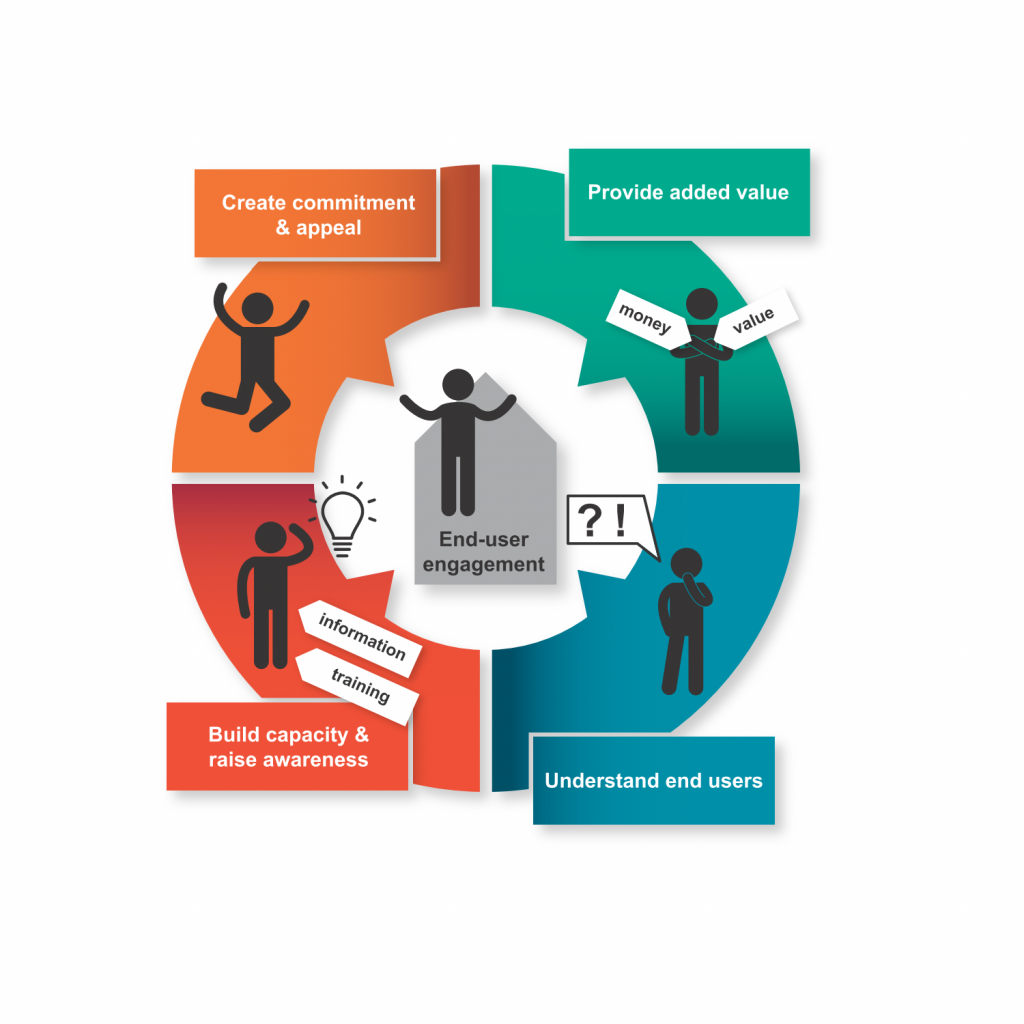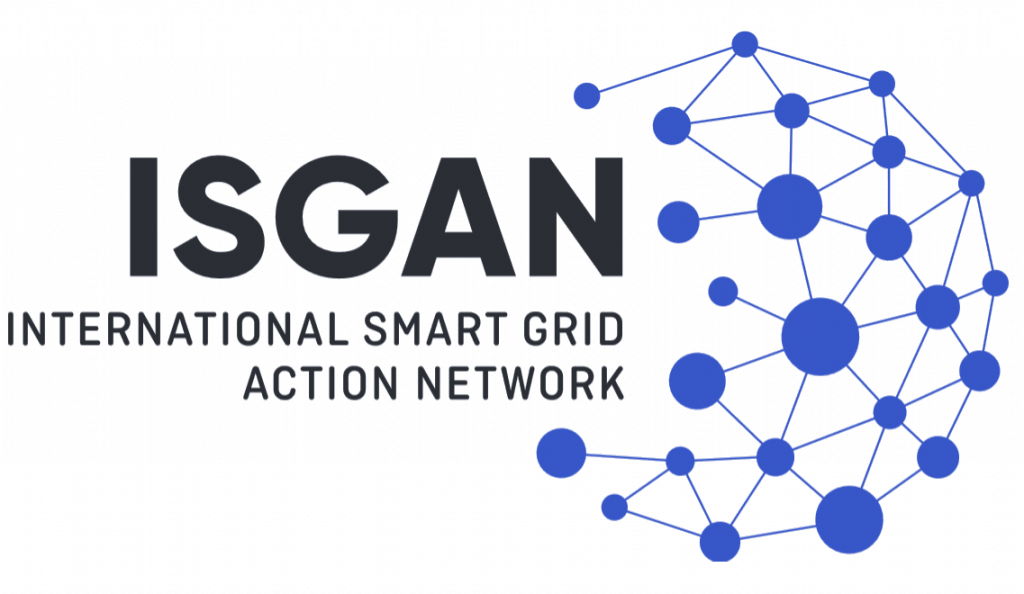1.- What are cookies?
Cookies are text files that are stored on the visitor’s terminal that store and retrieve information about navigation. Section 3 of this policy indicates the specific use of cookies on this website.
If you want more information about cookies, please see the following links:
2.- How to accept, deny or revoke consent for the installation of cookies
The website has a consent manager that allows users to accept or reject the installation of cookies when accessing it.
You can also delete cookies using the browser settings options. These allow you to adjust privacy levels, such as denying all cookies or deleting saved ones. To modify these parameters, consult the manufacturer or review the following documentation: Google Chrome, Microsoft Edge, Mozilla Firefox, Safari, Brave, Opera, iOS-Safari, and Android-Chrome.
If you restrict or block some or all cookies from this website, some of the functionalities or services provided on the page may not be available.
3.- Types of cookies used on this website
- Technical cookies: These allow the user to navigate through a website, platform or application and use the different options or services that exist on it, including those used by the editor to manage and operate the website and enable its functions and services, such as controlling traffic and data communication, identifying the session, accessing restricted access parts, remembering the elements that make up an order, carrying out the purchase process of an order, managing payment, controlling fraud linked to the security of the service, requesting registration or participation in an event, counting visits for software license billing purposes, using security elements during navigation, storing content for video or sound dissemination, enabling dynamic content (e.g., loading animation of text or image) or sharing content through social networks. Also included in this category, due to their technical nature, are cookies that allow the most efficient management of advertising spaces that the editor has included on a website, application or platform based on criteria such as edited content, without collecting information from users for other purposes, such as personalizing that advertising content or other content.
- Analysis or measurement cookies: These allow the responsible party to track and analyse the behaviour of users of the websites to which they are linked, including quantifying the impacts of advertisements. The information collected through this type of cookie is used to measure the activity of websites, applications or platforms, to introduce improvements based on the analysis of the usage data made by users of the service.
4.- List of cookies on this website
The provider Cactus uses the cookie "phpsessid".
Purpose: Session identifier provided by the server. It allows the user to view the website and interact with it. It is strictly necessary for the proper functioning of the page.
The provider Cactus uses the cookie "cookie_notice_accepted".
Purpose: Stores the user's acceptance of the website's cookie policy.
Google Analytics uses the cookie "_ga".
Purpose: Anonymous information about users' browsing of the website is collected in order to obtain statistics on visits received.
Google Privacy Policy Google Analytics Opt-out Add-on
Some of the cookies used on this website belong to third parties, different from the responsible party with whom service provision contracts are formalized. You can consult the complete information about these third parties in the previous link, where in the cookie declaration, you can differentiate between own cookies, which correspond to those where the provider field matches the link to this website, and third-party cookies, which are those where the provider does not match the URL of this website.
We inform you that some of our cookie providers may transfer data to third countries. You can find out about transfers to third countries, if any, made by the third parties identified in this cookie policy in their corresponding policies, through each one's privacy policy, where they will indicate the transfers to third countries they make, if any.



